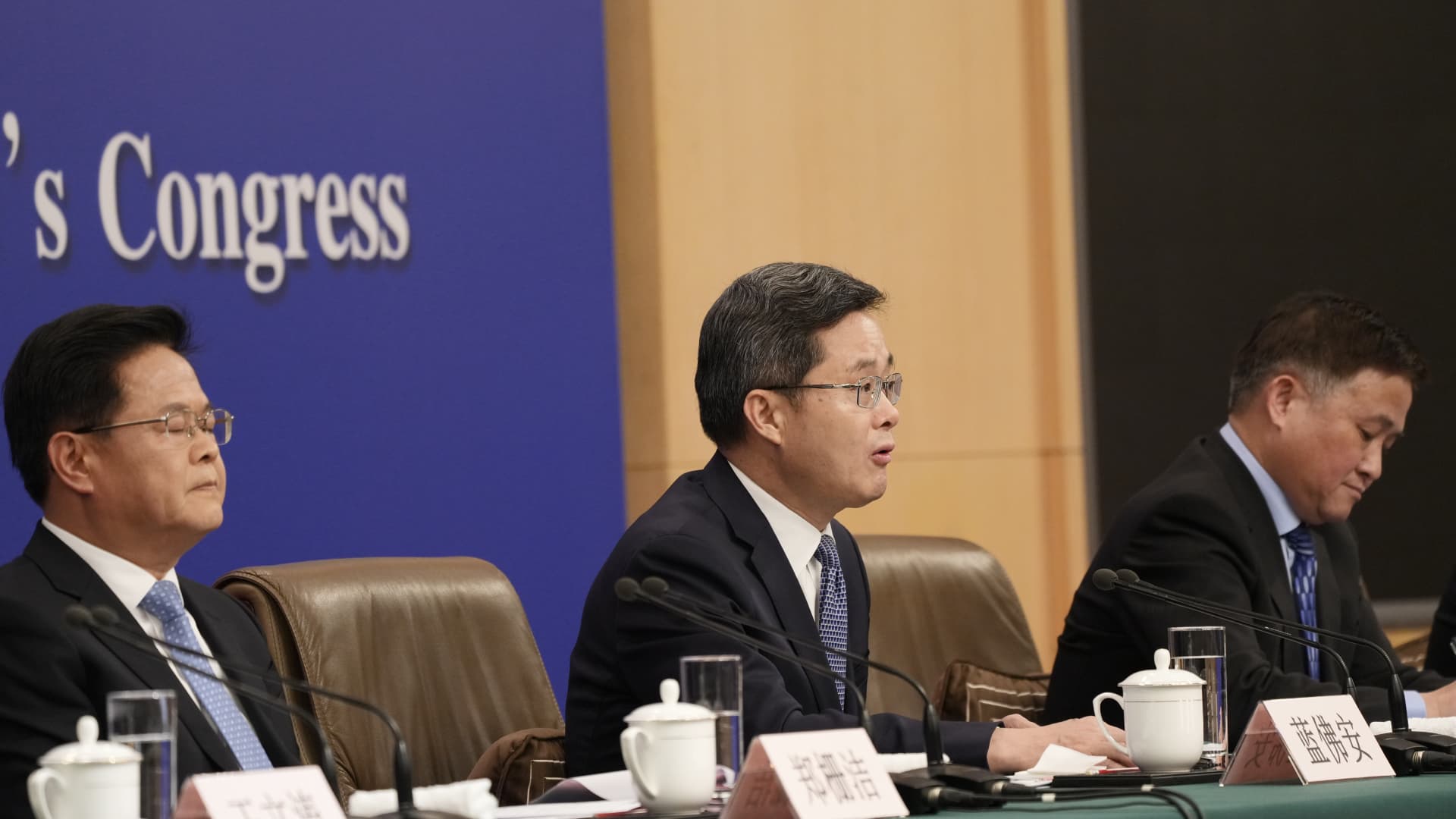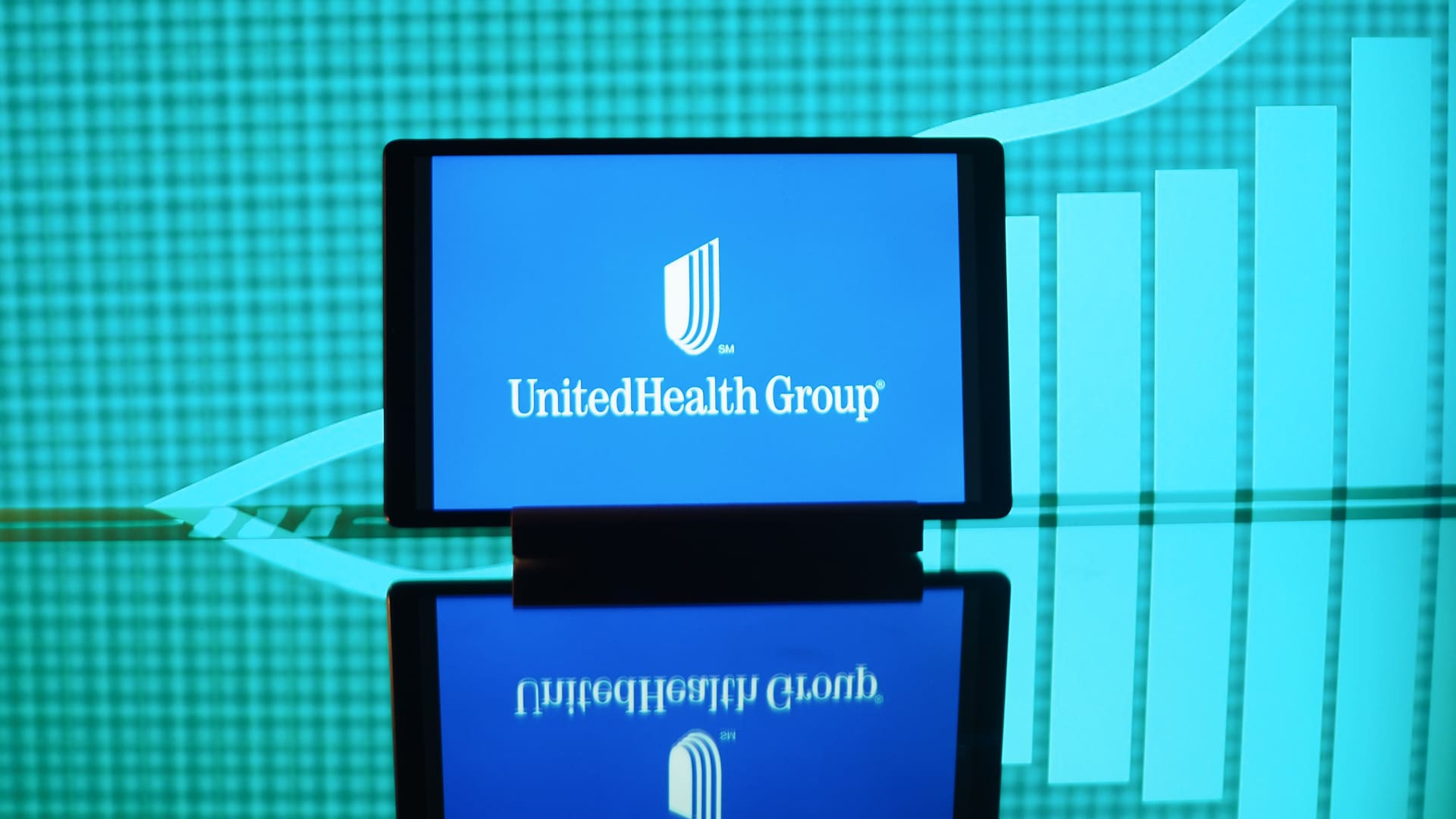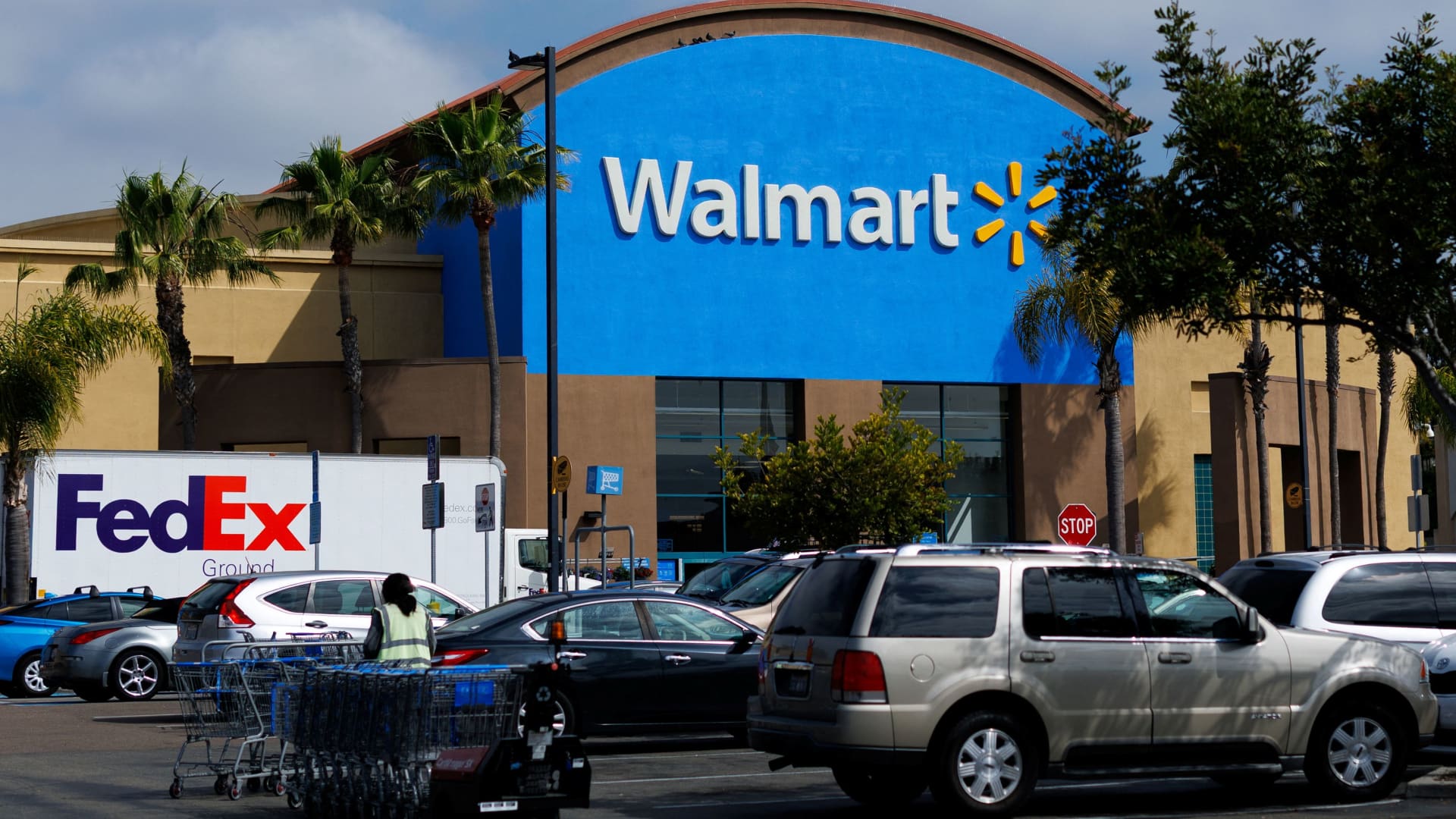Lan Fo’an, China’s finance minister, center, speaks as Zheng Shanjie, chairman of the National Development and Reform Commission (NDRC), left, and Pan Gongsheng, governor of the People’s Bank of China (PBOC), listen during a news conference on the sidelines of the National People’s Congress in Beijing, China, on Wednesday, March 6, 2024.
Bloomberg | Bloomberg | Getty Images
BEIJING — China’s Minister of Finance Lan Fo’an told reporters Saturday during a press briefing that the central government has room to increase debt and the deficit.
He said such policies were still under discussion. Four policies that have reached a decision-making stage covered support for local governments to address debt risks and stabilize real estate, major state-owned banks and youth employment, Lan said.
Economists have said China needs additional fiscal support, but Beijing has yet to announce any, even in the latest flurry of high-level policy announcements.
In a meeting in late September, led by Chinese President Xi Jinping, authorities had called for strengthening monetary and fiscal policy support. But they did not lay out the details.
Analyst projections for how much fiscal stimulus is needed range from around 2 trillion yuan ($283.1 billion) to more than 10 trillion yuan.
Ting Lu, chief China economist at Nomura, had cautioned in a note Thursday that any such stimulus that could come during the briefing on Saturday would typically need approval by China’s parliament, expected to hold a meeting later this month. He added that how any funds are used is just as important as the amount that’s delivered — whether they only go to shoring up struggling local government finances or focus on boosting consumption.
China’s retail sales grew only modestly over the last few months, and the country’s real estate slump has shown few signs of turning around.
GDP rose by 5% in the first half of the year, sparking concerns that China could miss its full-year target of around 5%. All eyes are now on Oct. 18, when the National Bureau of Statistics is scheduled to release third-quarter GDP.
After markets reopened Tuesday following a weeklong holiday, mainland Chinese stocks became volatile throughout the week, as a stimulus-fueled rally lost stream. The declines took major indexes back to levels seen in late September.
Stocks had climbed then — the CSI 300 saw its best week since 2008 — as major policy announcements signaled that the Chinese government was finally stepping in to stimulate slowing growth.
Just days after the Federal Reserve began its easing cycle, the People’s Bank of China cut a few of its interest rates and extended existing real estate support measures by two years. The PBOC also launched a roughly $71 billion program allowing institutional investors to borrow funds for stock investing.
The National Development and Reform Commission, the top economic planning agency, pledged in a rare press conference Tuesday to speed up use of 200 billion yuan originally allocated for next year, mostly for investment projects. The NDRC did not announce additional stimulus.
Saturday is a working day in China, but markets are closed.
This is a breaking news story. Please check back for updates.

 Accounting1 week ago
Accounting1 week ago
 Finance1 week ago
Finance1 week ago
 Economics6 days ago
Economics6 days ago
 Economics7 days ago
Economics7 days ago
 Finance1 week ago
Finance1 week ago
 Economics1 week ago
Economics1 week ago
 Personal Finance5 days ago
Personal Finance5 days ago
 Economics4 days ago
Economics4 days ago











